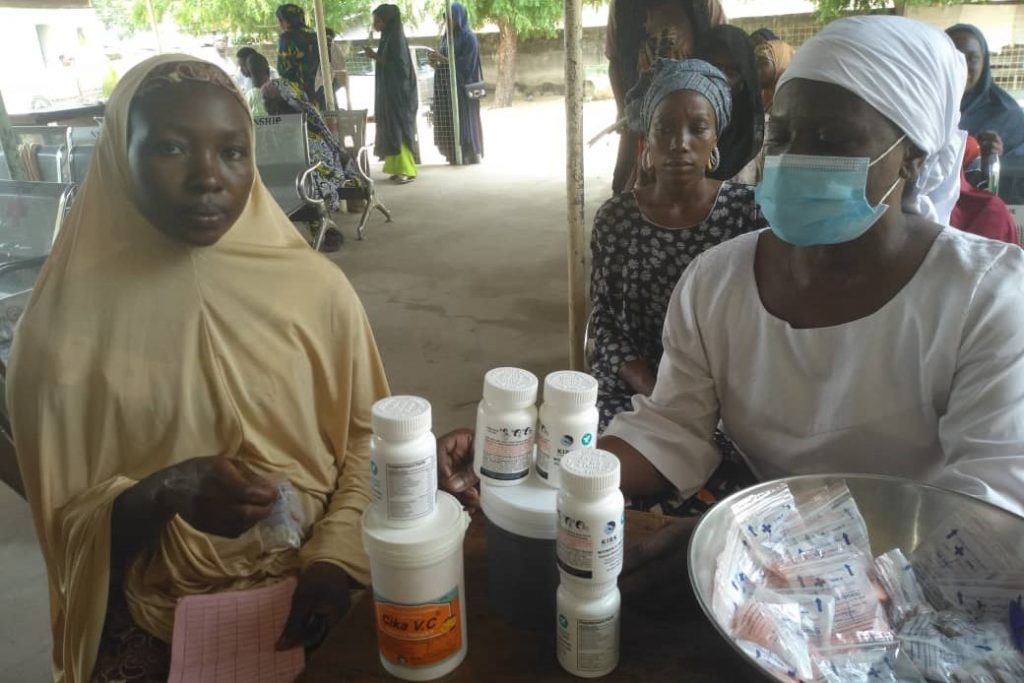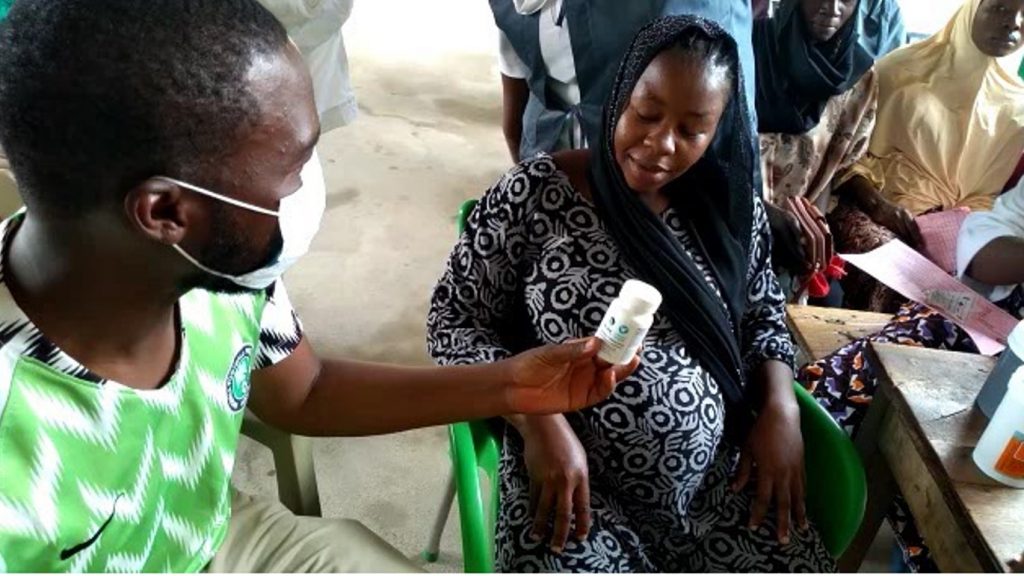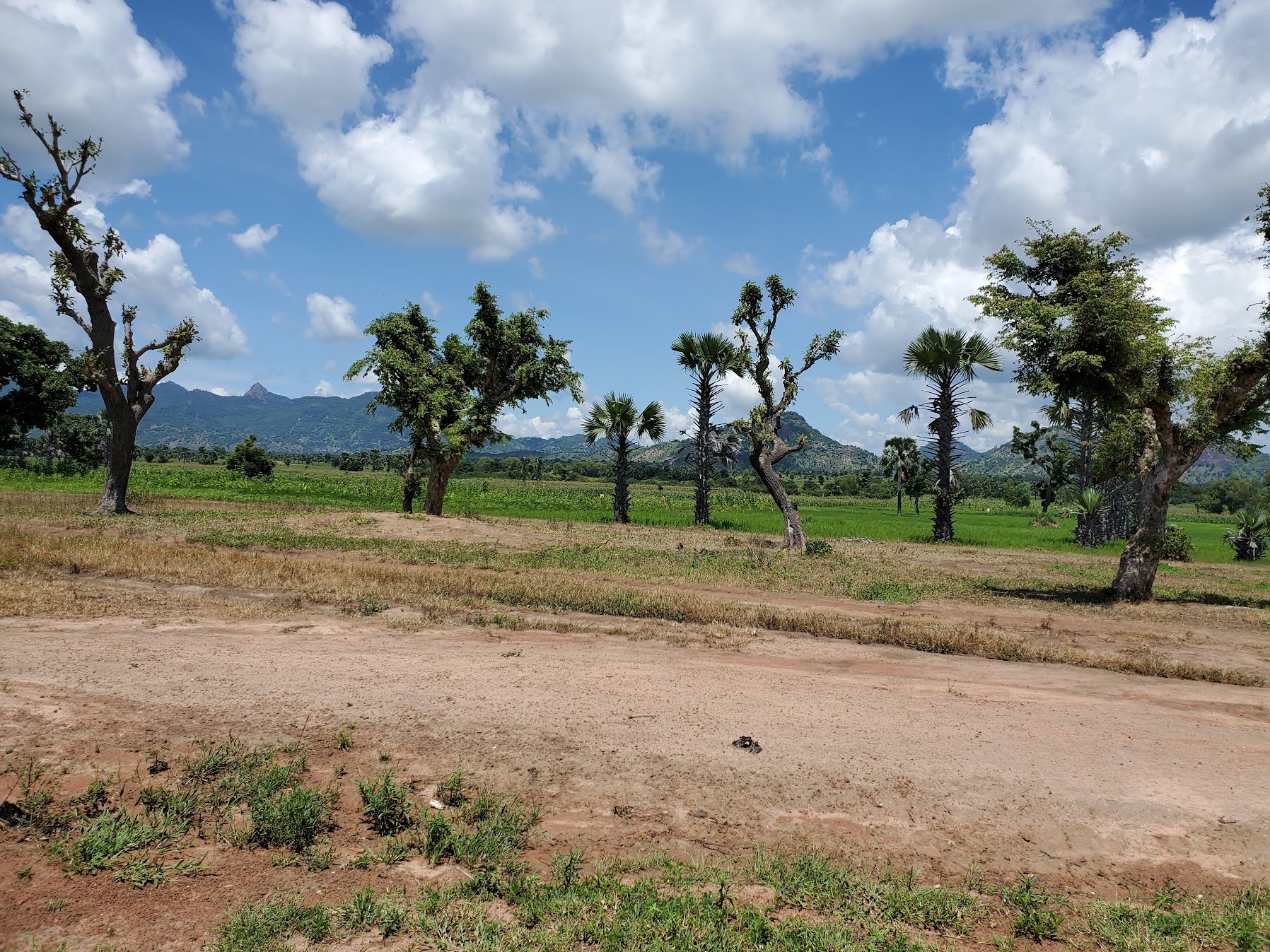Childhood Malnutrition
Around the world, more than 3 million children die from malnutrition each year. That means that every 11 seconds, a lifetime of potential is lost. In Nigeria, one million children under five die every year, and 35% of those deaths are due to causes attributable to malnutrition, making Nigeria one of six countries that accounts for half of all child deaths from malnutrition worldwide.
In data extracted from the Nutrition and Food Security Surveillance report from December 2019, the overall acute malnutrition prevalence at the state level in the three conflict states of the northeast is 11.5 percent in Yobe, 8.1 percent in Borno, and 7.2 percent in Adamawa. Moreover, Nigeria has the second highest burden of stunted children in the world, with a national prevalence rate of 32 percent of children under five (according to UNICEF). The UNICEF report shows that over 34,000 children in Adamawa State are suffering from acute malnutrition, even before the emergence of the COVID-19 pandemic. The destruction of basic infrastructure and services in combination with the impacts of climate change have contributed to a growing number of children affected by under-nutrition. Other contributing factors include lack of preventive plans, heightened population growth alongside active conflict, and lack of government leadership and crisis response. This is all coupled with a weak and fragmented health system that is unable to provide the most basic cost-effective services for the prevention and management of common health problems.
Impact of COVID-19
In a time of health crisis, like we are seeing with the COVID-19 pandemic today, nutrition is more important than ever. The impact of the COVID–19 pandemic has led to an increase in the number of malnourished children coming for treatment at healthcare facilities. This is likely due to the fact that some families have lost their livelihoods and now find it difficult to provide for their families. Also, the lockdown and restriction of movement has negatively affected many businesses, leaving many people unemployed or without access to their normal livelihoods. As the pandemic continues, the number of acutely malnourished children continues to increase. It is expected that this trend will continue and even worsen.
A strong and well-built immune system is of absolute necessity for every individual, especially vulnerable communities who are already facing extreme poverty. Immune physiology is strongly correlated with adequate intake of vitamins and trace elements. A healthy diet, including regular intake of vitamins and trace elements, helps to support a properly functioning immune system. A recent report demonstrated that the benefits of vitamins to the human body could not be overemphasized. Vitamin supplementation is crucial, especially when vitamins are deficient or insufficient, and it has been well established that high-quality nutrition is vital in modulating immune homeostasis. Any subclinical deficiency of micronutrients or even protein energy malnutrition may impair one’s immune responses.

Women receiving vitamins and other supplements at an antenatal care facility.
Nuru Nigeria’s Solution
In response to this urgent need, Nuru Nigeria has partnered with Vitamin Angels to complement the efforts of the Adamawa State Government and humanitarian agencies in providing access to pre-, post-, and antenatal vitamins in the hard-to-reach areas of the state where nutritional concerns are most prominent. Nuru is also developing the institutional capacity of the local government agency by supporting the Adamawa State Primary Health Care Development Agency (ASPHCDA) in maternal and child health through the distribution and provision of Vitamin A supplements and deworming tablets for children under five years of age and Multiple Micronutrient Supplement (MMS); commonly referred to as multivitamins) for pregnant women, in addition to offering trainings and monitoring tools.
This intervention supports the underserved health facilities in 5 LGAs and 59 wards of Adamawa State with the distribution of Vitamin A (100,000 IU) to 50,000 infant beneficiaries between 6-11 months, Vitamin A (200,000 IU) and Albendazole 400 mg to 50,000 children 12-59 between 6-11 months, and Multiple Micronutrient Supplement (MMS) to 20,000 pregnant women. This collaboration will usher in a stronger and accelerated impact on maternal and child health.

A pregnant woman receives vitamins at an antenatal care facility.
The work on curbing malnutrition is more important now than ever, with already vulnerable populations now more at-risk. However, frontline workers, including those from Nuru Nigeria and Vitamin Angels, are committed to continuing to facilitate this life-saving work with children and pregnant women in vulnerable and marginalized communities in northeast Nigeria.


